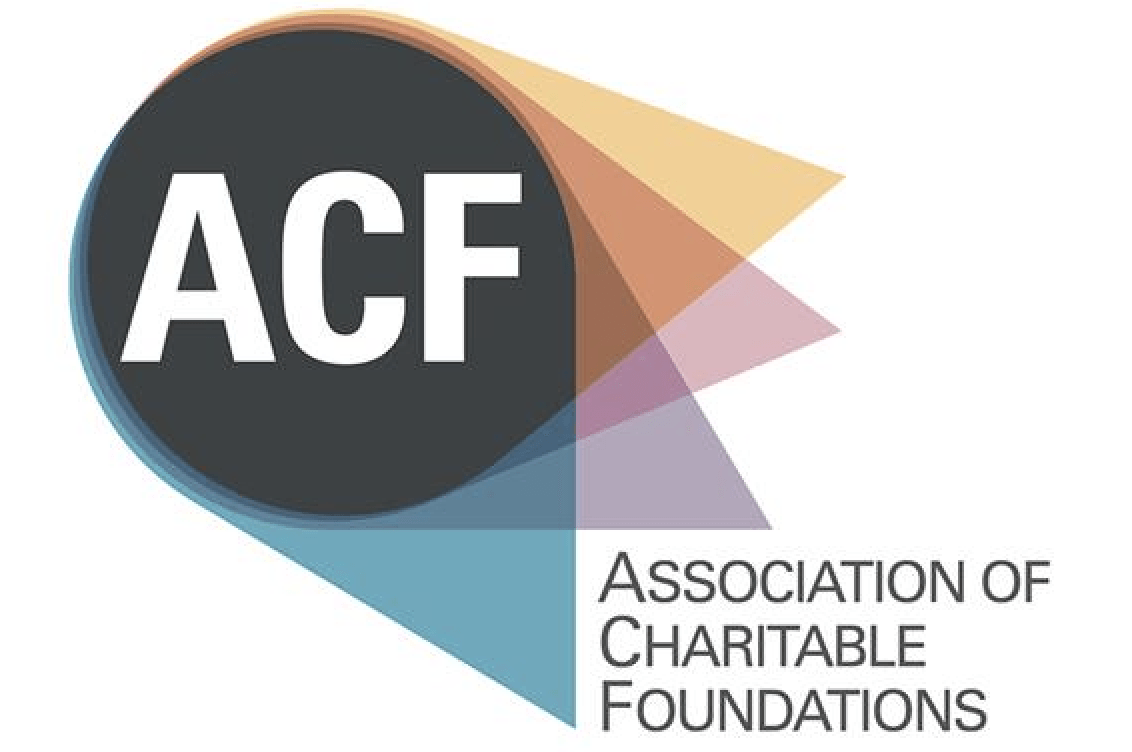ACF publishes new report on Impact & Learning
ACF has published a new report on how foundations understand the total impact they are making with all their resources. Impact and Learning: The Pillars of Stronger Foundation Practice is the second report emerging from the Stronger Foundations initiative. It sets out seven characteristics of excellent practice in a foundation, which include understanding its mission, using all the tools available, avoiding harmful processes, and learning from failure.
Informed by the Impact and Learning working group, external experts, the wider literature and ACF’s own analysis, the report asserts that these pillars can be interpreted and pursued by all foundations whatever their remit, size or starting point.
Accompanying the launch of the report, ACF’s Chief Executive Carol Mack has written a blog outlining why Impact and Learning is an important area for foundations and what the report means for ACF and its members.
We are also delighted to share a series of reaction pieces from external experts on aspects of this topic, reflecting on the report and what each would like to see happen next:
– ‘Empathy makes you stronger‘ by Anne Kazimirski, New Philanthropy Capital
– ‘How can foundation Boards support learning?’ by Katie Turner, Institute for Voluntary Action Research
– ‘Listening and Learning is Not Enough’ by Charlotte Brugman, Center for Effective Philanthropy
Commenting on its publication, ACF Chief Executive Carol Mack said:
“I take it as a given that foundations strive to have a positive impact on the world. But how many can say they are truly deploying all of their resources, to best effect, at any given time, in pursuit of their mission? A foundation’s resources – its toolbox – may include grantmaking, investments, voice, data, people, knowledge, networks, brand, buildings and more. Some of your greatest assets may hold intangible or untapped potential. Your public profile – could you lend your platform to those without one? Your respected research – who would benefit from knowing more about it? Your digitally-savvy team – could they make your processes better or more user-friendly?
“Not every tool will be deployed or appropriate in every situation. There will be trade-offs. But a stronger foundation is one that weighs its choices carefully. It is also important to consider the negative impacts, however unintentional, that foundations can have. As our first Stronger Foundations report on diversity, equity and inclusion explored, boards that lack diversity may not be attuned to the full impact of their decisions and processes.
“But there are other types of negative impacts: an investment portfolio that does not reflect our values; burdensome application or reporting processes; ameliorating symptoms, rather than tackling the causes of the problems we are seeking to address. We are confident that this report will be relevant for all foundations, including corporate and family foundations, and those with few or no paid staff. The recommendations are built around seven pillars of good practice; we are confident that there will be scope for all foundations to continue developing, learning, and sharing what they’ve learned, along the way.”
Jane Steele, Chair of the Stronger Foundations Impact and Learning working group, said:
“The most important thing was to be clear to ourselves and the foundation sector that the impact of the foundation, and the impact of the organisations that we fund, are different things. This report invites foundations to examine the impact of their own work and behaviour. Are we using our resources (including money, influence, relationships, knowledge) wisely in pursuit of the impact we want to make in the world? Are we working in the most effective ways to support those who are achieving impact on the ground? This report and its guidance on evidence and learning could not be more timely. As foundations, we know that the uncertainty, flux and complexity that surround our work show no signs of lessening. All of this underlines the importance of listening, of reflecting on evidence and of learning from and with those we support. These pillars of stronger foundation practice are a resource for all foundations that aim to optimise the impact of their efforts.”


